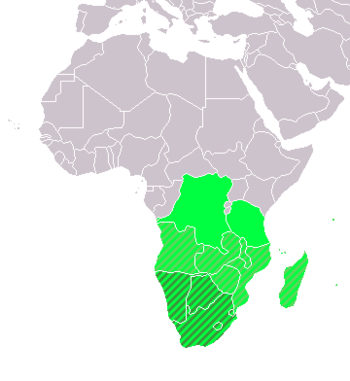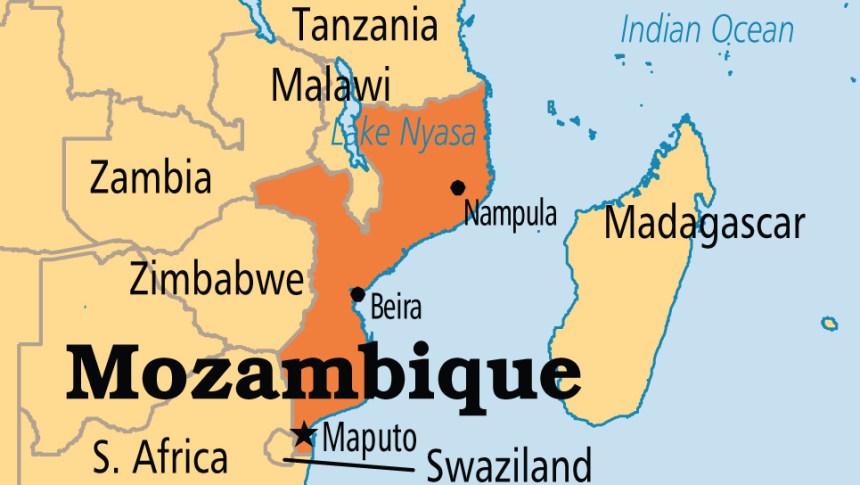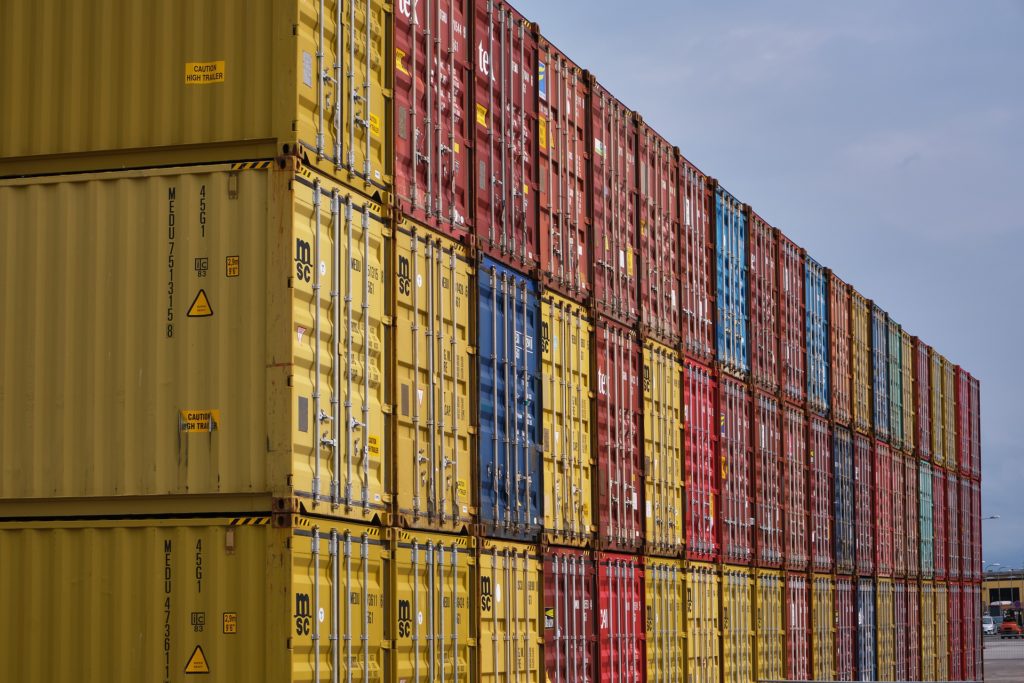The benefits of chaotic Southern African Block to South Africa

By Jeffery Makoni

Apartheid South Africa and the frontline economies Zimbabwe, Zambia Mozambique, Zaire, Malawi, et al: The benefits of chaotic Southern African Block to South Africa
During the apartheid regime in South Africa, the securocrats comprised of Military Generals, Military Intelligence Chiefs, State Secret Services came up with an idea to further their grip on power at all costs. The birth of this idea was much cemented by the fact that Zimbabwe was in discussions with London to negotiate for independence. The insatiable appetite for P.W. Botha’s government to maintain the status quo of being the economic powerhouse and the last colonial power in Africa was to be defended at all costs including the unscrupulous ways imaginable.

P.W Botha’s government in South Africa aggressively adopted the Total National Strategy; a doctrine developed by the top national army and security generals, the ultimate regional policy goal was to bring in a new regional block of countries or alliance famously known as “Constellation of Southern African States”.
Among the short term objectives of their regional policy was withholding supporting for liberation movement within the region, maintaining and deepening of economic ties with South Africa, the non-establishment of military ties and other relations with socialist counties or governments. The regional policy was also to be used as a moderation tool for regional criticism of the apartheid.
Hidden in this regional strategy was an evil well-orchestrated plan to sabotage all the frontline economies which had a reliance on South African in one way or the other. Zimbabwe, a landlocked country, relied so much on South African ports to reach her International markets. This included both imports and exports to either European, Asian or American markets. The reliance was so high that around 1983, Zimbabwe was paying in excess of 400 million United States Dollars for transportation and freight charges to South Africa. The train system turnaround time had increased from less than 8 days for round trip from Harare to Durban to more than 20 days. This increased handling and other charges all burdening the newly born Zimbabwe who was yet o find her economic footing.

In trying to cut down the monopoly of South African gateway to the outside lucrative markets, Zimbabwe together with other regional frontline states tried using the Beira and Maputo ports which were much cheaper financially and very closer geographically. The joy was short-lived when Mozambique started sponsoring acts of espionage, banditry and insurgency in Mozambique and Zimbabwe rendering the closest port too dangerous to be used by any shipping companies. The strategy included infiltration into Mozambique by Special forced from South Africa directly into Mozambique and carrying out gruesome acts of
violence and destruction of infrastructure.
Another strategy which was employed was financing and weaponising the MNR insurgents with the weapons sourced from other Asian suppliers. Acts of vandalism on the power lines linking Zimbabwe and Mozambique, the Beira Feruka Pipeline, the border and extreme violence to the Mozambican locals, slowed down the adoption of Mozambique as an alternative trade route for inland frontline states which suffered at the monopolistic tendencies of South Africa under Botha Administration.
The success of the new regional assumed policy by South Africa was hinged on two key features which are Military dominance and Economic superiority. In a way South Africa achieved both and maintained the dominance even today. Whether it was achieved through the successful implementation of the Botha administration’s Total National Strategy or strategic ability to utilise its economic advantages or manipulation and sabotage of other regional economies, is subject to debate depending on who responds.

Given the relevance of Mozambique as a strong and direct competitor to South Africa to penetrate inland Southern and Central Africa, how much is South Africa ready to lose given the economic benefits involved? Geographically in terms of distance a well-developed Beira port is a much cheaper and faster way to get into Zimbabwean, Zambian, Congolese, Malawian even Botswana markets. As I highlighted above that a dysfunctional Zimbabwe, an underdeveloped Mozambique with incessant wars at every turn, continuously gives South Africa an unprecedented advantage to monopolise the trade routes and maintaining a very fertile market for her industries.
With wars in Mozambique, a political crisis in Zimbabwe which has melted the economy to the core over the past two decades, a poor Zambia which barely produces enough to feed her population, a war ravaged Congo whose only hope to reach the lucrative international markets is via South Africa, a bullish South Africa whose dominance on the region economically is decades ahead of her peers, the status quo seems to be in effect for a very long time ahead of us.
The unwillingness of South Africa to ratify and sign a lot of Free Trade Area
agreements is an indicator of a stronger economic leader in the bloc whose
influence determines the dynamics of the region. When the new South Africa came under Mandela through a negotiated independence, many hopes were raised for shared growth within the region for almost all the countries were now under the leadership of frontline movements, the ANC in South Africa, ZANU Pf in Zimbabwe, FRELIMO in Mozambique and many more.

Now that its twenty-six years post-apartheid, so many questions needs to be addressed. There seem to be fruits of Botha’s Total National Strategy where by except for South Africa and a few other countries, South Africa still maintains the dominance in all angles. A net importer Zimbabwe whose estimated 3 million people are economic refugees in South Africa, perennial wars in Mozambique at
every turn whose failure to use her strategic positioning to wrestle economic power from Mozambique leaves a lot to be desire, a weakened Zambia whose economy is also barely surviving. All these countries are still relying on South Africa for access to ports and harbours. South Africa has a big enough market for all her products from her companies that at every point she has trade surpluses in the region. South Africa exports grain, meat, electricity, plant equipment and machinery while the rest of the countries feed her in return with unprocessed ore and raw minerals like diamonds and gold legally and illegally.

With the benefits outlined in the Total National Strategy document, did the new South Africa manage to drop all the strategies to sabotage the economies of her regional neighbours, or the benefits of a bullish and dominant South Africa became so enticing so much so that the socialist mantra failed to dismantle the doctrine. Is South Africa still reaping the results of the Total National Strategy? With the development gap between South Africa and the rest of the region, could we say South Africa is the luckiest of them all? Well history shall be the judge.


Awesome 😍😘
Nice one bamkuru 😍
Thanks so much
What a piece of rich information bro..we need more of these to equip our selves in this global neo politics